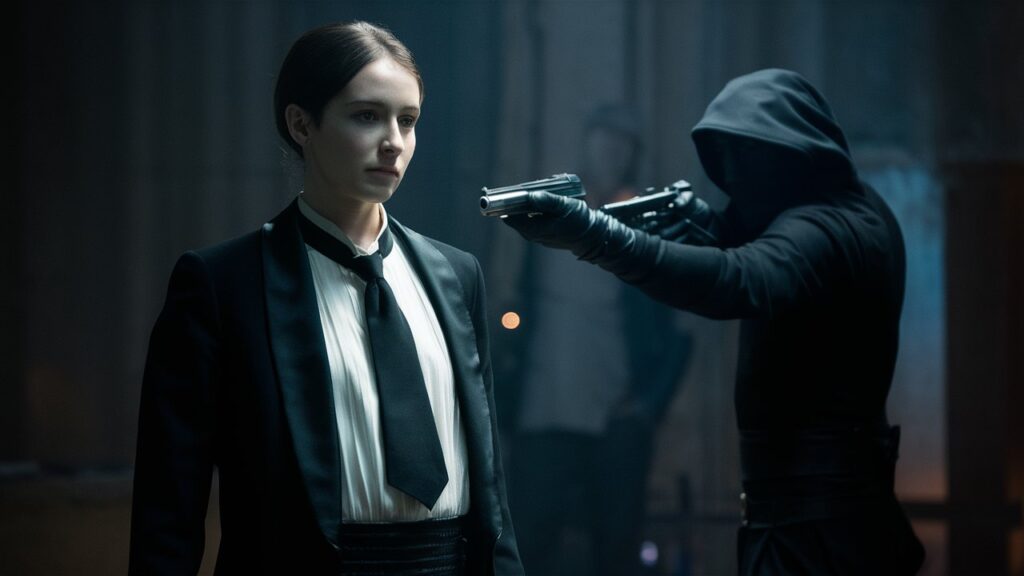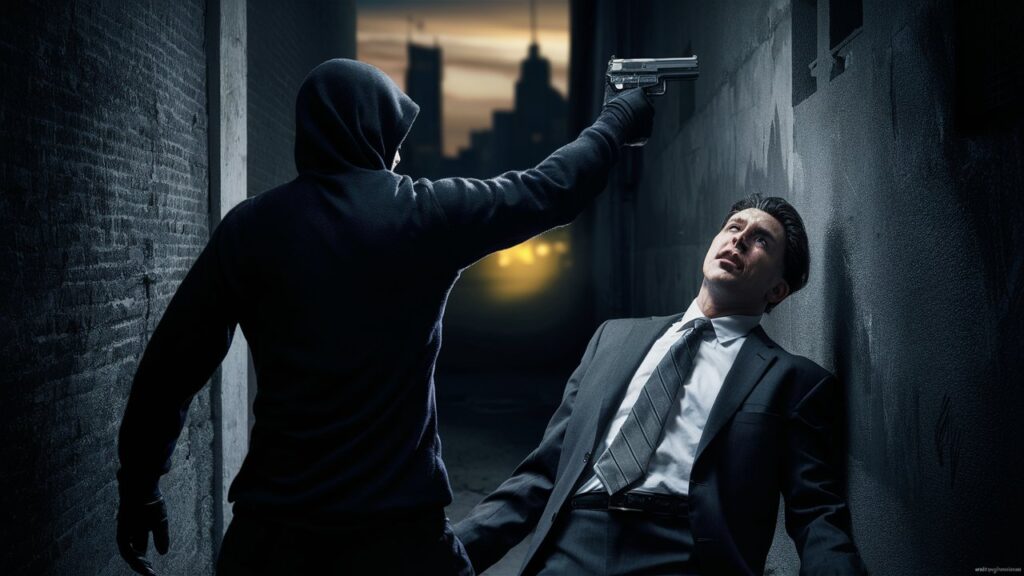Lone Wolf Suspect Charged in Slovak PM Assassination Attempt

In a shocking incident that has reverberated across Europe, Slovakian police have charged a 71-year-old man with the attempted murder of Prime Minister Robert Fico. The suspect, described as a politically motivated “lone wolf,” shot Fico five times at close range after an off-site government meeting in the town of Handlova on Wednesday. The populist leader, who returned to power last year, remains in serious but stable condition in the intensive care unit of a hospital in Banská Bystrica.
Attack on Prime Minister Rocks Slovakia

The assassination attempt has sent shockwaves through Slovakia, a small central European country. Dramatic footage from the scene shows the gunman approaching Fico and firing at him from close range across a security barrier. The injured prime minister was then bundled into a vehicle by his staff and rushed to a local hospital before being airlifted to the trauma center in Banská Bystrica.
Fico underwent a five-hour surgery and remains in the intensive care unit. President-elect Peter Pellegrini visited him in the hospital and confirmed that he was conscious and able to speak on Thursday afternoon. The attack has sparked global condemnation, with Slovakia’s Defense Minister and Deputy Prime Minister Robert Kaliňák, along with Interior Minister Matúš Šutaj Eštok, delivering an emotional news conference outside the hospital on Wednesday night, saying that Fico was “fighting for his life.”
The alleged shooter, identified by multiple local media outlets as Juraj C. from Levice, a town in southwest Slovakia, is not a member of any extremist group. Slovakian media reported that he is a writer and poet, and the Slovak Writers’ Association confirmed that a person by the name identified in the local media was a member of their group.
Suspect's Motive Linked to Disagreement with Government Reforms
According to Interior Minister Matúš Šutaj Eštok, the suspect told law enforcement officers that his action was motivated by his disagreement with the government’s reforms. These included the decision to abolish the special prosecutor’s office, stop supplying military assistance to Ukraine, reform the public service broadcaster, and dismiss the head of the judicial council.
The suspect, described as a politically motivated “lone wolf,” is not a member of any extremist group. Slovakian media reported that he is a writer and poet, and the Slovak Writers’ Association confirmed that a person by the name identified in the local media was a member of their group.
The assassination attempt has laid bare the extreme polarization that has gripped Slovakia since Fico’s return to power. His pro-Russian leanings and controversial policy changes, such as ending military support for Ukraine and attempting to shut down the public service broadcaster, have led to months of largely peaceful protests.

Global Condemnation and Calls for Unity

The attack on Prime Minister Fico has reverberated across the continent weeks ahead of European elections. Condemnation of the attack came from both Fico’s allies and adversaries abroad, including Russian President Vladimir Putin and Ukrainian President Volodymyr Zelenskyy.
While President Zuzana Caputova called on everyone to dial back the vitriol, some government ministers blamed the media for contributing to the fractious atmosphere. The attempted assassination has highlighted the deep divisions within Slovakia and the need for unity in the face of such a shocking event.
Slovaks have been deeply divided over the country’s direction since Fico’s return to power. The attack has served as a wake-up call for the nation to overcome its increasingly tense political differences and work towards a more stable and peaceful future.
A Nation in Shock

The attempted assassination of Prime Minister Robert Fico has left Slovakia in a state of shock and disbelief. As the country comes to terms with this heinous act of violence, there are calls for unity and a reduction in the polarizing rhetoric that has characterized the political landscape in recent times.
The attack has also raised questions about the security measures in place for high-ranking government officials and the need for a thorough investigation into the suspect’s motives and any potential accomplices. As Slovakia navigates this difficult period, the focus remains on Prime Minister Fico’s recovery and the country’s ability to come together in the face of adversity.



